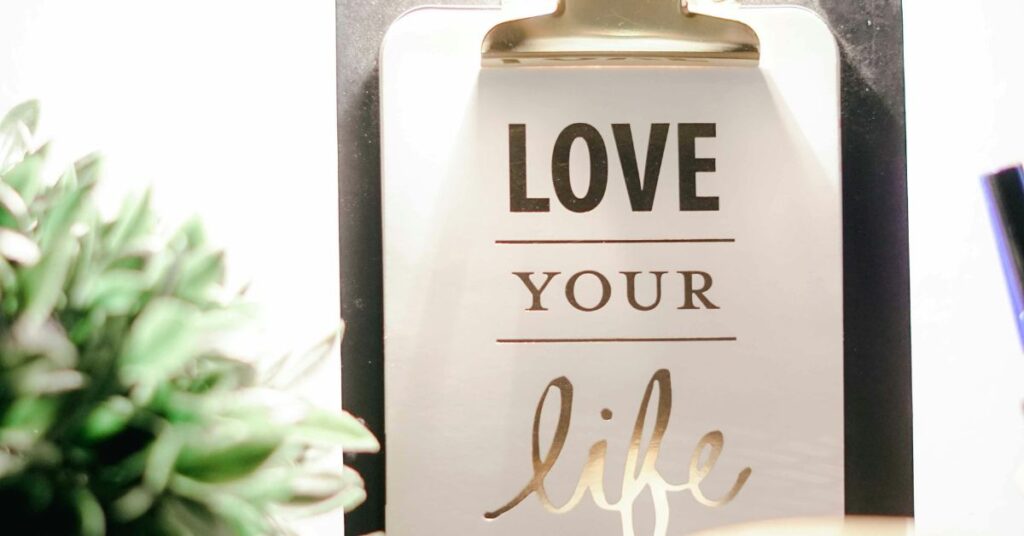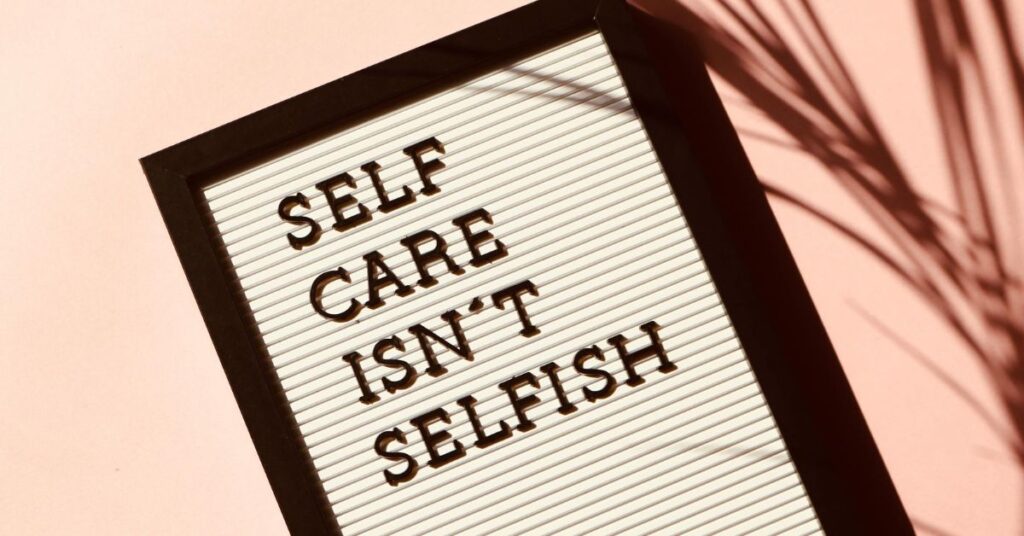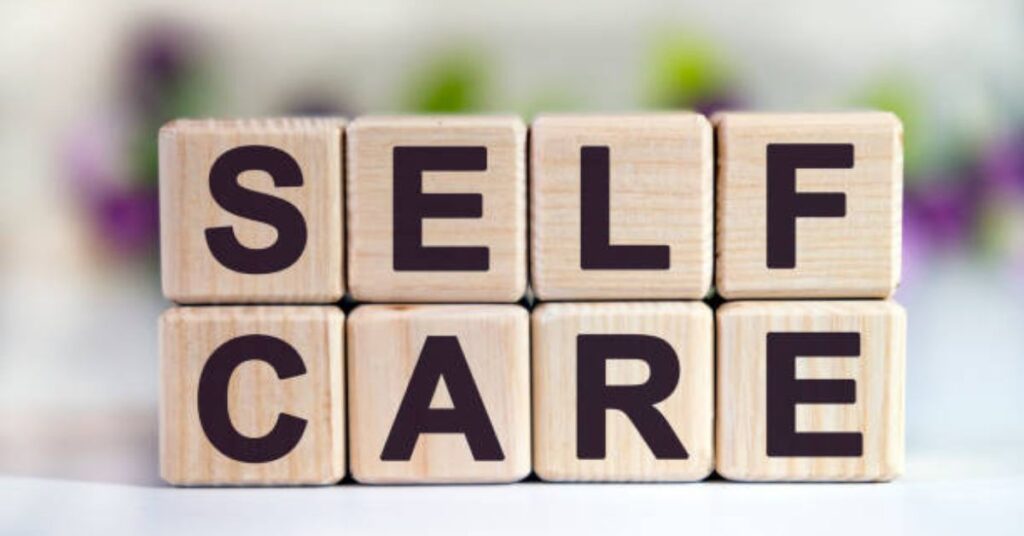Taking care of yourself doesn’t have to mean spending hundreds on spa packages, retreats, or luxury wellness products. In fact, some of the most powerful self-care practices cost little to nothing at all. At its core, budget-friendly self care is about making intentional choices that nurture your mind, body, and soul—without putting extra strain on your finances.
“Self-care is giving the world the best of you, not what’s left of you.”
In today’s fast-paced world, where stress and burnout are common, self-care is not a luxury. It’s a necessity. With creativity and consistency, you can build a routine that keeps you balanced and energized without overspending.
This guide covers practical, affordable, and humanized self-care strategies that fit into everyday life.
1. Why Self-Care Still Matters on a Budget

When money is tight, self-care is often the first thing people cut from their priorities. You might think, “I can’t afford it right now; maybe later.” But this mindset is misleading. Stress, anxiety, and fatigue don’t wait until your finances improve—they demand attention right now.
Affordable self-care doesn’t require big purchases. It means recognizing your needs and meeting them in realistic ways. A walk in nature, an evening without screens, or simply getting eight hours of sleep can all be forms of self-care.
“Taking care of yourself doesn’t mean ‘me first,’ it means ‘me too.’”
2. Defining Self-Care in Your Own Terms
There’s no universal definition of self-care. For some, it might be journaling or practicing yoga; for others, it’s cooking, spending time with loved ones, or even taking an intentional nap.
One mistake many people make is copying what they see online—luxury facials, expensive skincare routines, or boutique fitness classes. While those can be enjoyable, they’re not necessary for wellness.
Ask yourself:
- What activities make me feel calm, recharged, and happy?
- Which small habits reduce my stress and improve my day?
- Can I find a free or budget-friendly version of what I enjoy?
“Self-care is how you take your power back.”
3. The Connection between Mental Health and Financial Wellness
It’s no secret that money stress can weigh heavily on mental health. Constant worry about bills, debt, or savings goals often leads to anxiety, sleepless nights, and burnout. On the flip side, poor mental health sometimes drives impulsive spending, which creates more financial stress—a frustrating cycle.
Practicing self-care on a budget helps break this cycle. When you take care of your mental health, you make clearer financial decisions. And when you manage your finances wisely, you feel more in control and less anxious.
“Mental health is just as important as physical health—and self-care fuels both.”
4. Mindful Spending and Building a Self-Care Budget
You might not think of self-care and budgeting in the same sentence, but they go hand-in-hand. Creating a small self-care budget doesn’t mean spending big; it simply means planning intentionally.
Here’s how to start:
- Decide your monthly limit: Even $10–$20 can cover a book, herbal teas, or supplies for a DIY spa day.
- Track emotional spending: Notice when you buy things out of stress rather than true need.
- Swap expensive habits: Instead of takeout every week, maybe treat yourself once a month and cook fun meals at home the rest of the time.
Mindful spending allows you to enjoy little luxuries without guilt. It also ensures that self-care remains a consistent part of your routine.
“Spend intentionally, not impulsively—your peace of mind is priceless.”
5. Budget-Friendly Self Care at Home
Your home can be the best self-care sanctuary. Most home-based practices are completely free.
Some simple at-home self-care ideas include:
- Lighting a candle and practicing deep breathing
- Listening to calming music or guided meditations
- Creating a cozy reading corner
- Taking a long, uninterrupted bath
- Decluttering a small space for mental clarity
“Peace begins at home—and it doesn’t cost a thing.”
6. Self-Care for Your Mind: Free and Low-Cost Practices

Your mental well-being is just as important as your physical health. Fortunately, there are many free or inexpensive ways to care for your mind:
- Meditation: Apps like Insight Timer or Headspace offer free guided sessions.
- Journaling: Writing down your thoughts helps process emotions and reduce anxiety.
- Gratitude lists: Note three things you’re grateful for every day—it rewires your brain for positivity.
- Nature therapy: A 20-minute walk in a park has proven mental health benefits.
- Breathing exercises: Free and effective for calming stress in the moment.
“A calm mind is the greatest form of wealth you can own.”
7. Self-Care for Your Body: Affordable Ways to Stay Healthy
You don’t need a gym membership or expensive supplements to keep your body healthy. Budget-friendly self care for the body is about using what’s available.

Affordable physical wellness tips:
- Exercise at home: Use YouTube for free workouts—yoga, Pilates, HIIT, or dance.
- Daily movement: Walk, cycle, or stretch for 20–30 minutes daily.
- Sleep hygiene: Create a bedtime routine that signals your body to rest.
- Hydration: Drinking water consistently is one of the cheapest yet most powerful health hacks.
- Balanced diet: Cooking at home with seasonal produce is healthier and cheaper than eating out.
“Take care of your body—it’s the only place you have to live.”
8. Self-Care Hobbies That Don’t Cost Much (But Add Joy)

Hobbies are one of the most overlooked forms of self-care. They distract from stress, spark creativity, and bring joy into everyday life. Many hobbies cost little to nothing.
Try:
- Reading books from your local library
- Drawing, painting, or sketching
- Gardening, even with small indoor plants
- Learning a new language with free apps
- Cooking or baking something new
- Writing stories or poetry
- Playing free online games or puzzles
“Hobbies aren’t a waste of time—they’re a way of investing in joy.”
9. Staycations That Actually Feel Refreshing
Vacations can be expensive, but you don’t have to travel far to recharge. A staycation—a vacation at home or nearby—can be equally refreshing when planned well.
Ideas for budget-friendly staycations:
- Explore local parks or hiking trails
- Have a themed “travel night” at home (Italian food + Italian music + movie)
- Visit free or low-cost museums in your city
- Try camping in your backyard or balcony setup
- Plan a digital detox weekend and focus on rest
“You don’t have to go far to feel renewed—sometimes adventure is just outside your door.”
10. Affordable Indulgences: Treating Yourself without Overspending

Self-care doesn’t mean denying yourself joy. In fact, occasional indulgences make life brighter and prevent burnout. The trick is keeping them affordable.
Examples include:
- Buying your favorite snack once a week
- Treating yourself to a new book
- Visiting a local café for a solo coffee date
- Trying DIY spa treatments (face masks, scrubs)
- Watching a new movie at home with popcorn
“A little indulgence now and then is fuel for the soul.”
11. Free or Sliding-Scale Mental Health Resources You Can Access
Professional support can feel costly, but there are affordable options. Many communities offer free or low-cost mental health resources, such as:
- Helplines and online chat support services
- Support groups (many are free online)
- Community health centers
- Nonprofit organizations offering sliding-scale therapy
- University programs where trainee counselors provide sessions at reduced fees
“Asking for help is not weakness—it’s a brave form of self-care.”
12. Long-Term Benefits of Budget-Friendly Self Care
It’s easy to think of self-care as optional, but long-term, it pays off in ways you can’t ignore. Regularly caring for your mind and body reduces medical costs, improves focus, strengthens relationships, and increases overall happiness.
Even small, budget-friendly self care habits—like daily walks, journaling, or mindful spending—add up over time. By investing in yourself today, you’re saving future energy, money, and stress.
“Small steps, practiced daily, create a lifetime of wellness.”
Final Thoughts
Self-care is not about spending money—it’s about creating a life where your mental, emotional, and physical health come first. With budget-friendly self care, you can enjoy balance, peace, and happiness without straining your wallet.
Remember, small steps matter; whether it’s a cup of tea, a mindful walk, or setting boundaries with your time, every action counts. The more you practice, the more natural self-care becomes—and the stronger you’ll feel in every part of life.
“Caring for yourself is the foundation for caring for everything else in life.”



